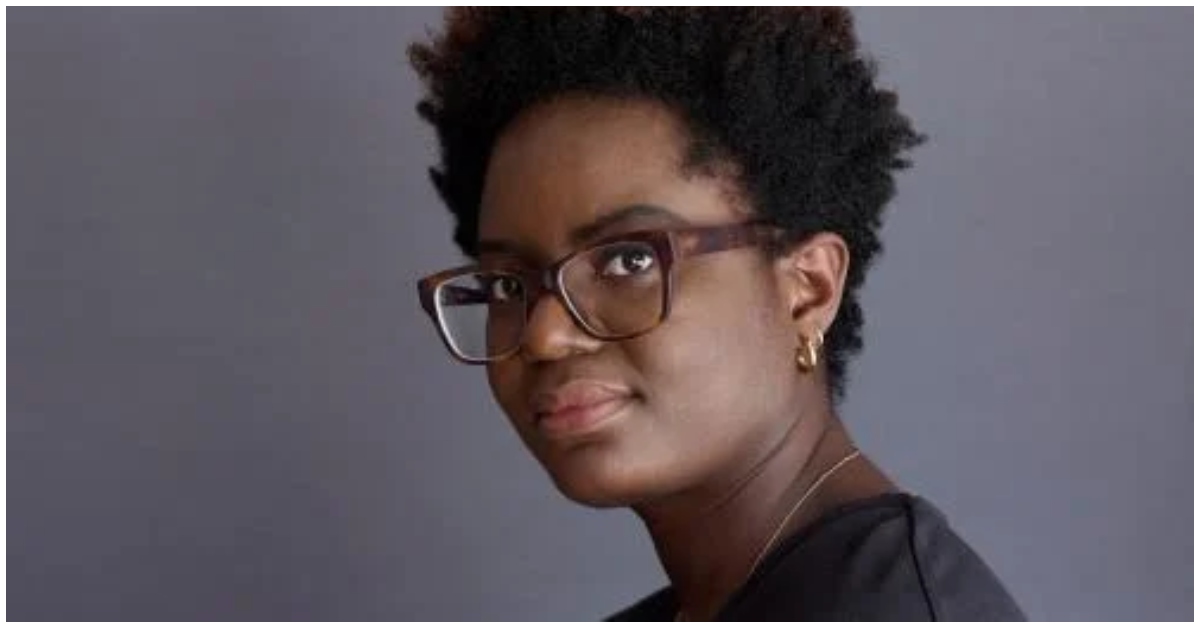In 2020, Reni Eddo-Lodge made history by becoming the first Black British author to reach the No. 1 spot on the UK’s official book charts. Her book, Why I’m No Longer Talking to White People About Race, climbed to the top of Nielsen BookScan’s UK Top 50 list in June of that year, making a significant mark in the publishing world. This achievement was particularly notable as it came in the wake of worldwide Black Lives Matter protests, which sparked global conversations about race and racism.
A Historic Milestone in Publishing
Eddo-Lodge’s book, originally published in 2017, began as a popular blog in 2014, where she outlined why she could no longer engage with white people about race, due to their refusal to acknowledge the reality of structural racism. The success of Why I’m No Longer Talking to White People About Race was a long time coming. However, it gained remarkable momentum in 2020, a year that was marked by widespread protests and demands for racial justice.
In June 2020, Eddo-Lodge’s book achieved an important milestone, topping the UK’s best-seller list. She became the first Black British author to achieve this feat since Nielsen began tracking book sales in 2001. The only other Black author to have reached this level of success on the overall charts was former US first lady Michelle Obama, with her memoir Becoming in 2018.
The Impact of Black Lives Matter on the Book’s Success
The rise of Why I’m No Longer Talking to White People About Race on the UK charts came amid a surge in demand for books by Black authors, following the Black Lives Matter movement. In the weeks leading up to Eddo-Lodge’s achievement, other works by Black authors, such as Akala’s Natives and Layla F. Saad’s Me and White Supremacy, also climbed the charts, reflecting a larger cultural shift toward greater awareness of racial inequality.
For Eddo-Lodge, this recognition felt bittersweet. In a tweet following her achievement, she expressed her disbelief, writing, “Feels absolutely wild to have broken this record.” She acknowledged that her success was built on the work of Black British literary giants such as Bernadine Evaristo and Zadie Smith. At the same time, she expressed disappointment that it had taken until 2020 for a Black British author to reach the No. 1 spot, calling it a “horrible indictment of the publishing industry.”
A Personal Perspective on the Achievement
In addition to her literary success, Eddo-Lodge used her platform to encourage readers to donate to Black Lives Matter charities. She shared that the financial success of her book had changed her life, but she felt conflicted about profiting from a tragedy. “This book financially transformed my life, and I really don’t like the idea of personally profiting every time a video of a Black person’s death goes viral,” she said.
Eddo-Lodge’s personal stance on the financial benefits of her book shows a deeper connection to the issues she addresses in her writing. Her call for readers to support the movement alongside purchasing the book highlights her commitment to the cause and her desire to make a meaningful contribution beyond just selling books.
The Black Writers’ Guild and the Publishing Industry’s Challenges
Eddo-Lodge’s rise to the top of the UK best-seller list coincided with the formation of the Black Writers’ Guild (BWG), an organization dedicated to addressing racial inequality in the publishing industry. The BWG, which included prominent authors like Malorie Blackman and Benjamin Zephaniah, called for major changes within the industry, including more opportunities for Black authors and greater diversity in editorial, marketing, and publishing positions.
The guild’s open letter to UK publishers urged them to be more transparent about their hiring practices and to provide more support for Black authors and literary professionals. The BWG’s actions reflected the broader conversation about racial justice and inclusion that was gaining momentum during this period. It was clear that the success of books like Why I’m No Longer Talking to White People About Race was part of a larger push to address inequality in the literary world.





